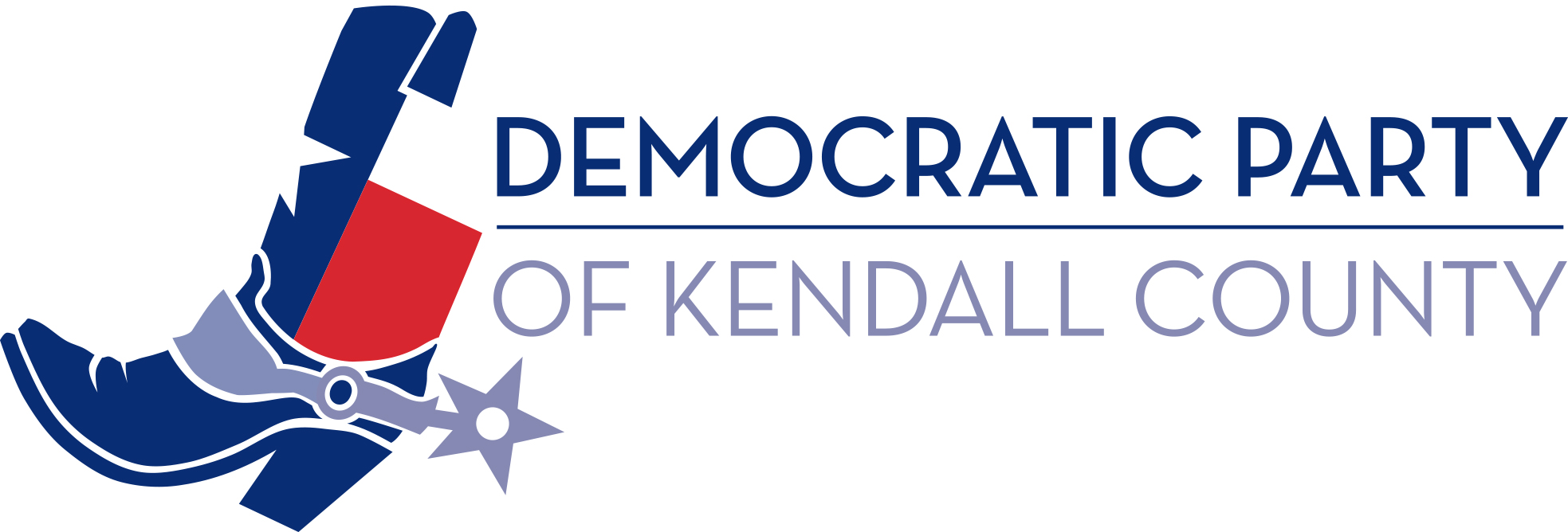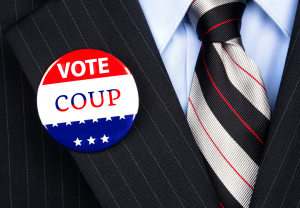by Tony Tucci
for the “Progressive Views” column, Boerne Star, March 29, 2019

In 1787, British statesman Edmund Burke referred to the three estates of Parliament as the Lords Spiritual, the Lords Temporal, and the Commons. Then he turned to the gallery, where members of the press sat, pens poised to record the proceedings. “But in the Reporters’ Gallery yonder,” he is reported to have said, “there is a Fourth Estate, more important far than they all.”
That sentiment continued in the United States, where the Fourth Estate unofficially joined the executive, legislative, and judicial branches of government in importance — and power.
A free press was so highly regarded that it became the very First Amendment to the U.S. Constitution. “Congress shall make no law respecting an establishment of religion, or prohibiting the free exercise thereof; or abridging the freedom of speech, or of the press…”
Over the years, politicians have chosen to cross swords with the press. President Richard Nixon and Gary Hart come readily to mind. They lost. They should have heeded former Congressman Charles Brownson (R-Indiana) who said, “I never quarrel with a man who buys ink by the barrel.” He was referring to newspaper owner Eugene Pulliam, publisher of The Indianapolis Star and The Indianapolis News and a champion of the First Amendment.
Thomas Jefferson understood that a free press was essential for a strong democracy. The media served as a watchdog over government, exposing wayward politicians and the need for reform in all areas of society.
There are many campaigns on the positive side of the ledger. Over the years, newspapers have saved libraries, museums, and historic buildings, exposed dishonest business practices, championed the equal treatment of women, fought for cleaner air and water, demanded open meetings of government, championed the rights of the common man, and saved jobs.
Most of all, a free press keeps people informed. Perhaps newspaper publisher E.W. Scripps said it best in describing the mission of his newspapers: “Give light and the people will find their own way.” It is not a mission to be taken lightly. It has cost lives, like that of Steven Sotloff, a freelance journalist who was kidnapped and brutally murdered by militants of the Islamic State.
The news media hasn’t always enjoyed popularity, of course. It has been accused of bias and sensationalism, of invading an individual’s right to privacy, and even of promoting violence, and, more recently, faking news.
One of the most visible media critics today is President Donald Trump, who has engaged in open warfare against what he has called “inaccurate, and even fraudulent, reporting of the news.” He labeled them as “the Fake News Media, the true Enemy of the People.”’
President Trump’s behavior reminds us of another prominent politician, Spiro T. Agnew, Vice President in President Richard Nixon’s administration, who called the news media “nattering nabobs of negativism.” It was a battle he wouldn’t win, though. He later was caught in a scandal involving bribery, extortion and income tax evasion and was forced to resign.
The news media will survive President Trump, just as it did Agnew and countless other critics. As long as there is a democracy there will be a free press. And as long as there is a free press, there will be accusations, and accolades.
Tony Tucci has been an award-winning journalist for more than 50 years and is a local Democrat.



